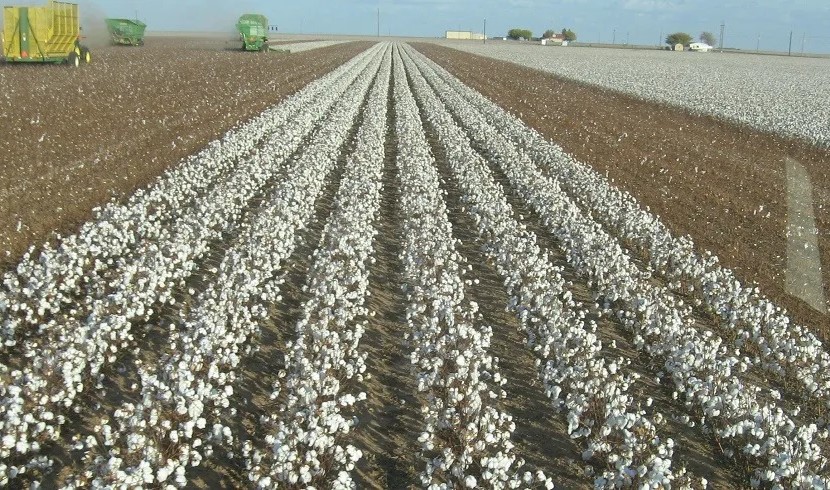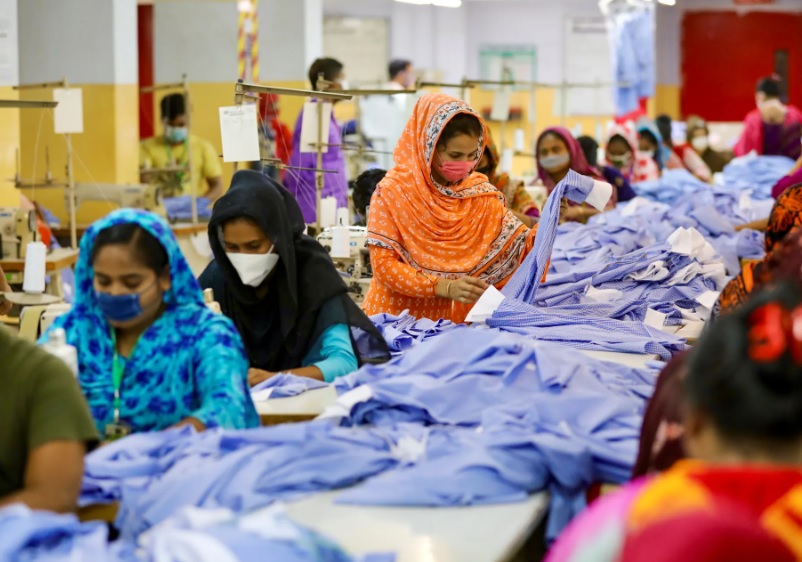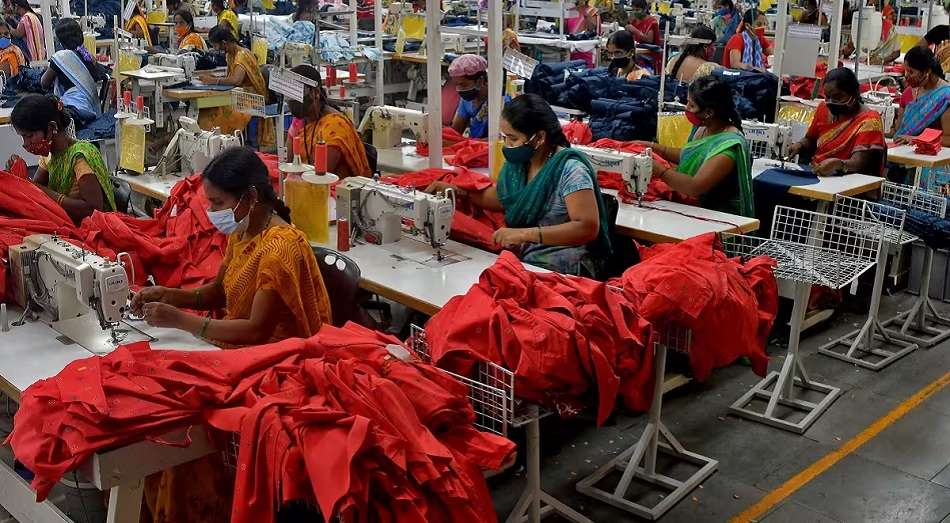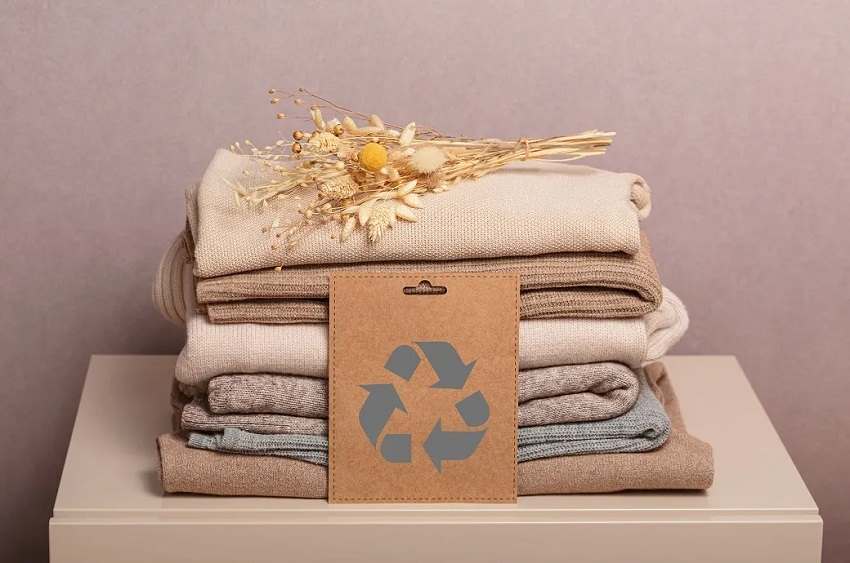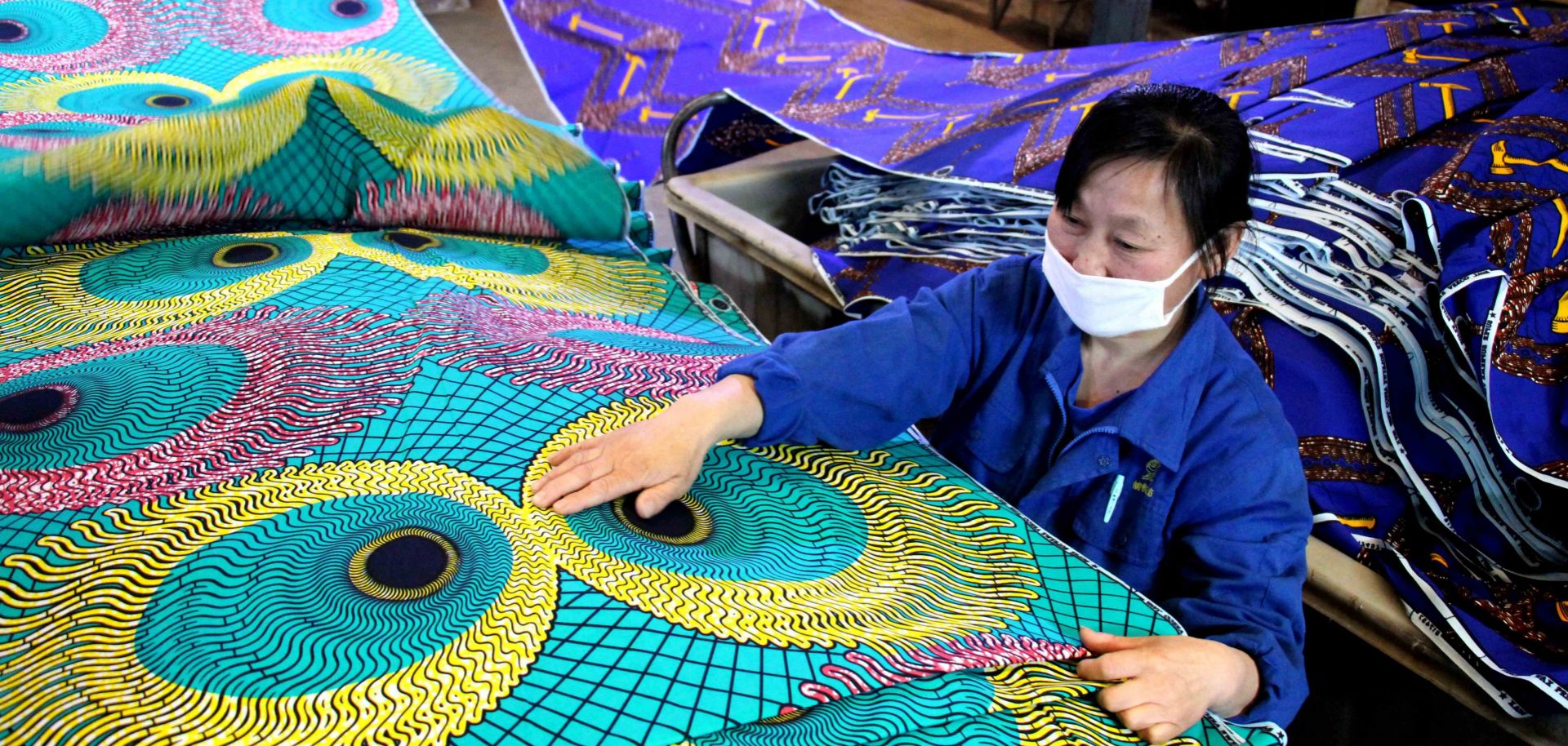In the last one year, Spanish apparel retailer Mango has doubled the percentage of sustainable garments in its collection. Currently, around 80 per cent of the garments sold by Spanish apparel retailer are sustainable. By 2025, the company plans to recyle 100 per cent of the polyester it uses and trace the origins of all cellulose fibers.
The company is also maintaining its goal that 100 per cent of the cotton used will be of sustainable origin by 2025. In 2021, Mango achieved a 91 per cent use of sustainable cotton and a 59 per cent use of cellulose fibres of controlled origin. Furthermore, 54 per cent of the polyester used was recycled, achieving the initial target four years ahead of time.
In its journey towards sustainability, Mango has signed agreements with various bodies and companies worldwide. Key coalitions it forms part of include the International Accord, the Fashion Pact and the United Nations Fashion Charter for Climate.
In 2021, Mango implemented a new water management strategy to reduce the consumption and increase the efficiency of this resource. Within this context, it has signed up to the ZDHC Roadmap to Zero programme as a ‘Collaborator’. Mango has also signed up to the Canopy Style initiative, which is committed to protecting forests by ensuring the responsible use of all cellulose materials used in garments, paper and packaging.
Mango has also signed up to the net zero target for 2050. In its journey to achieve net zero emissions, the company has set itself new intermediate targets. It has committed to reduce its direct emissions by 80 per cent, as well as those generated by the Scope 1 and 2 energy it consumes, by 2030. It has also committed to reduce by 35 per cent the Scope 3 emission it produces in its supply chain by the same year.

